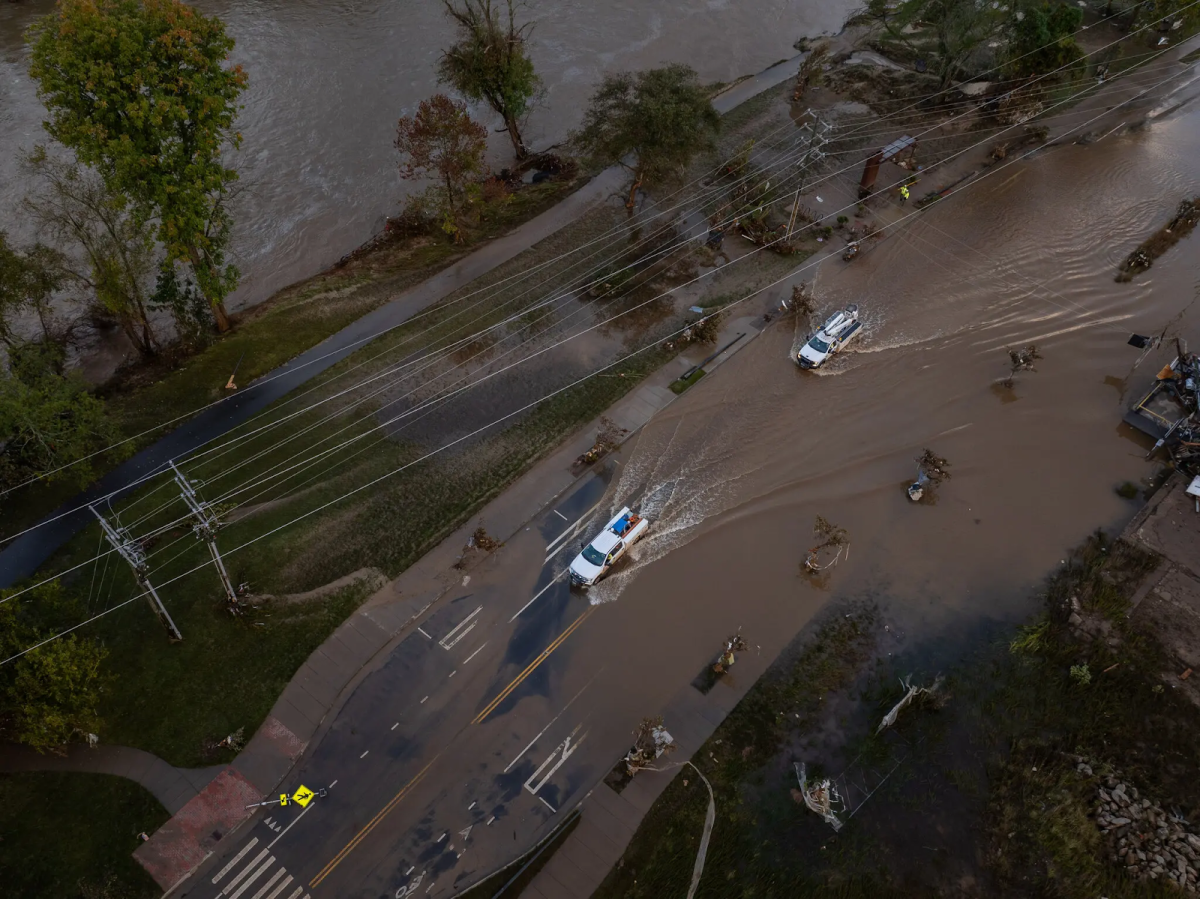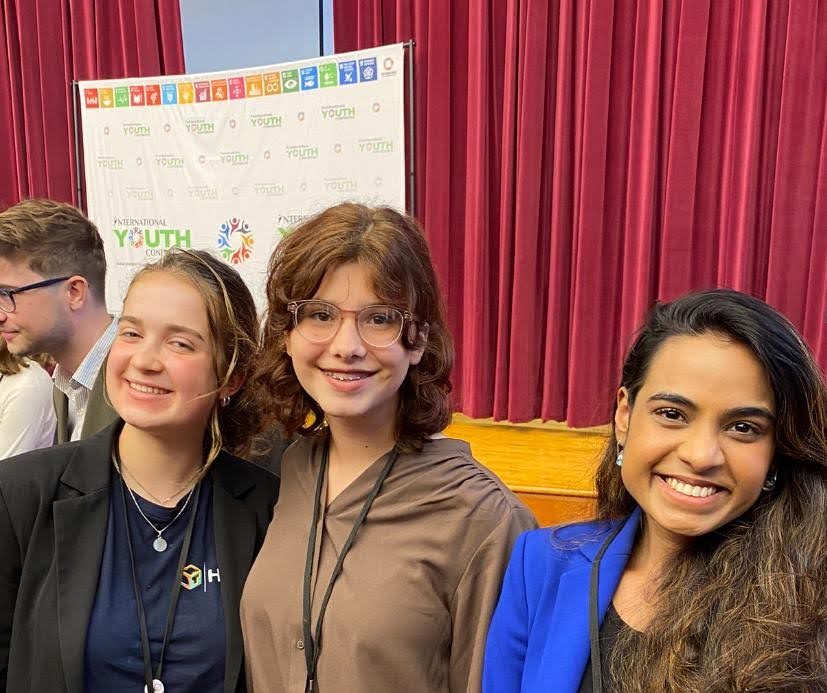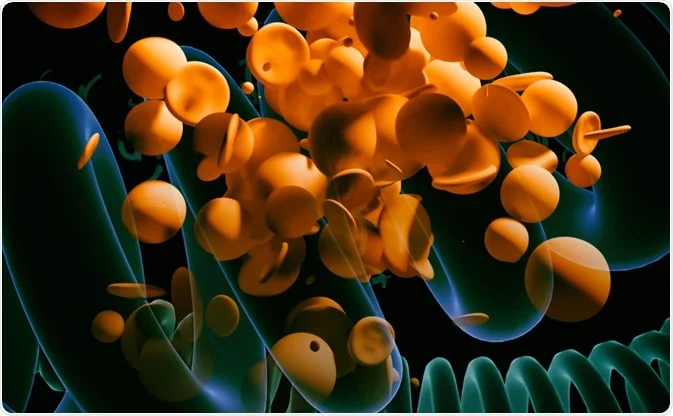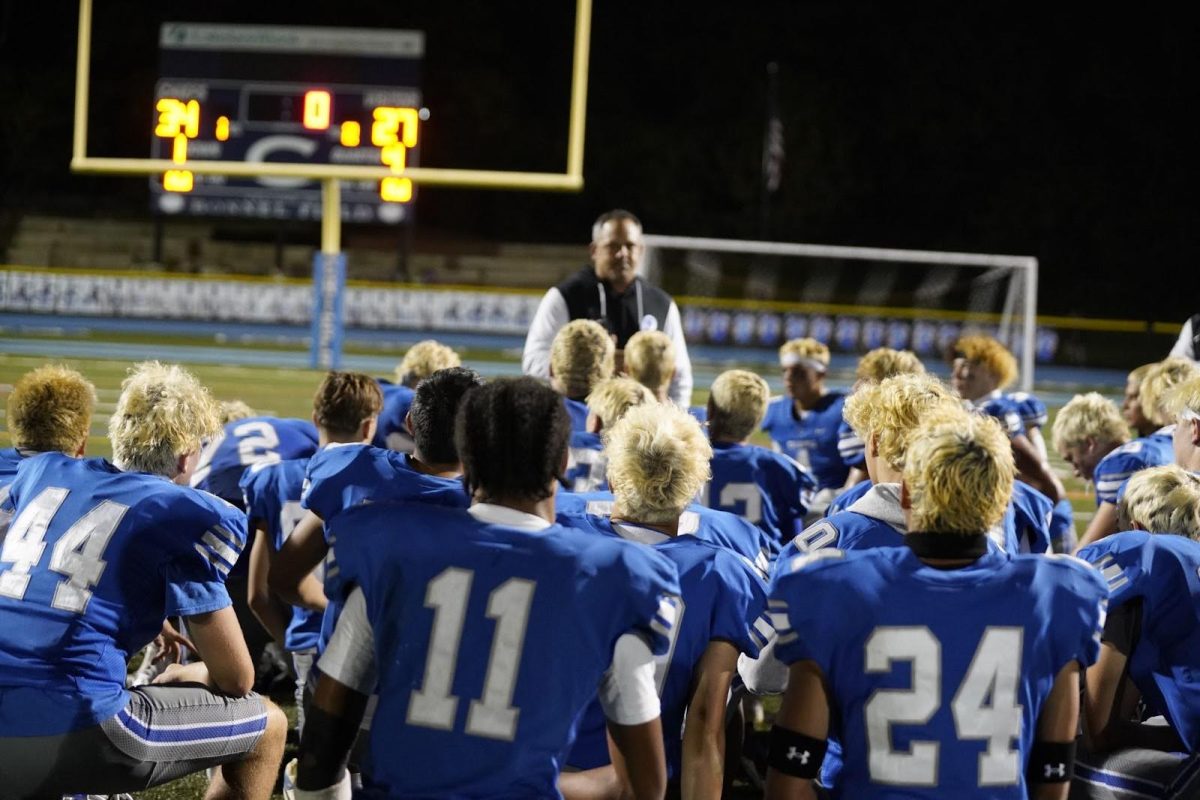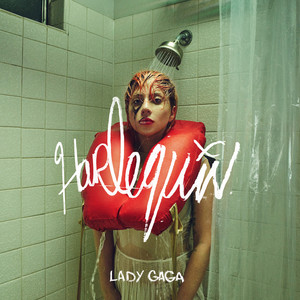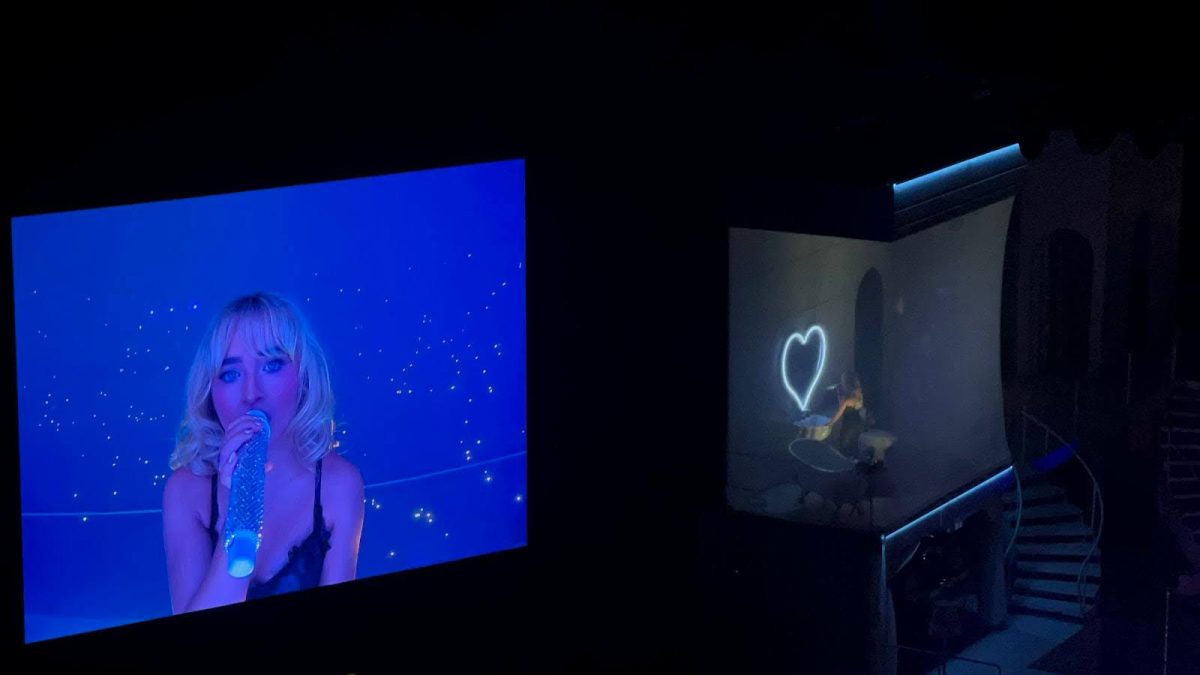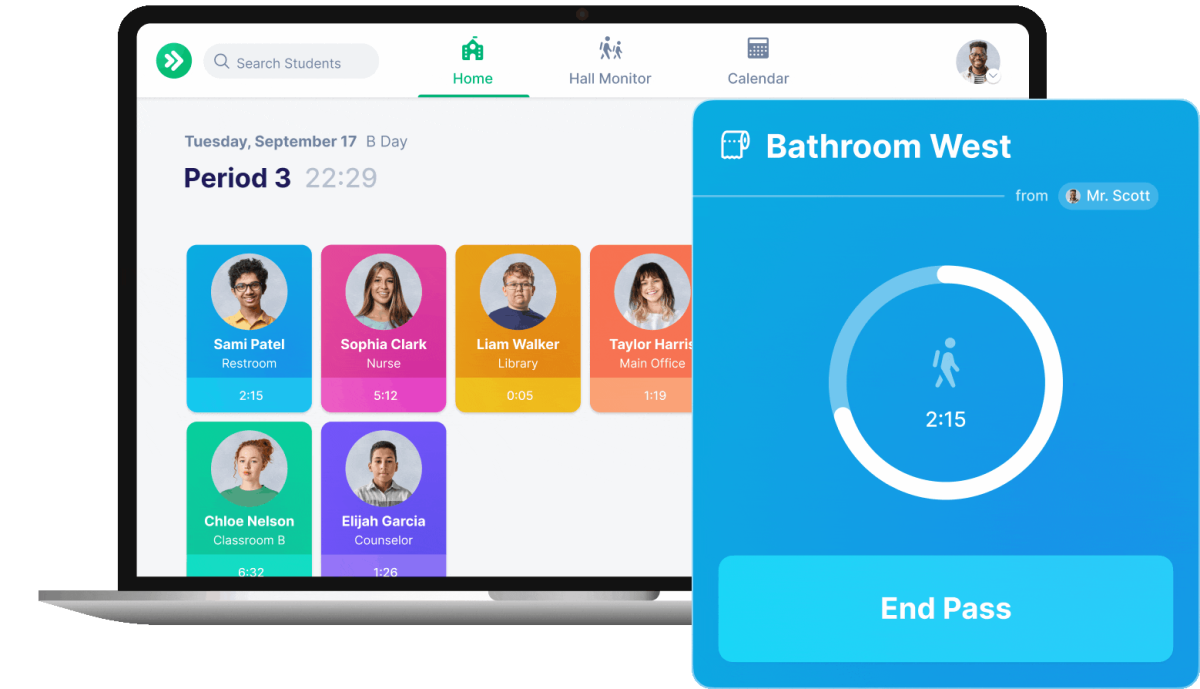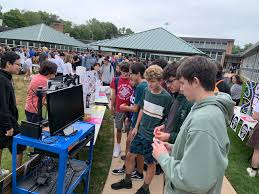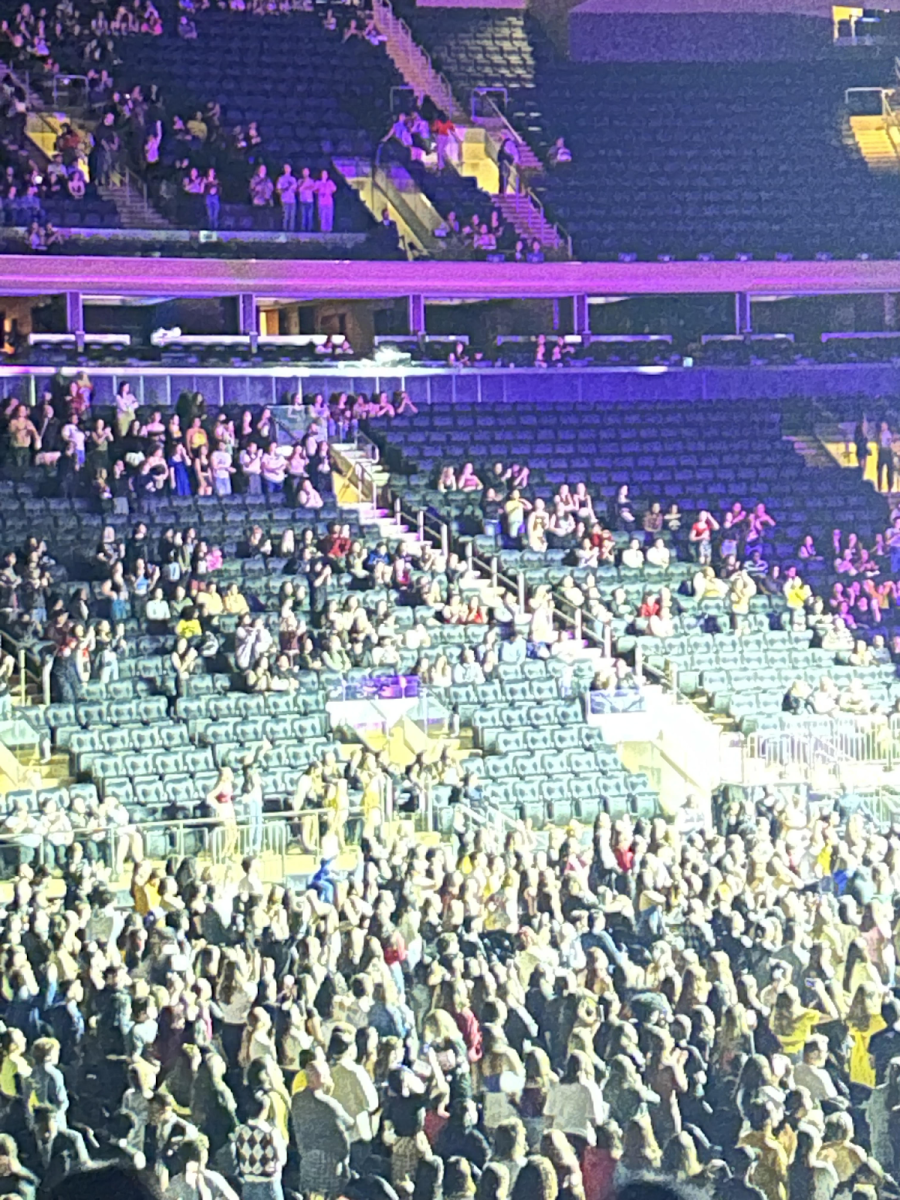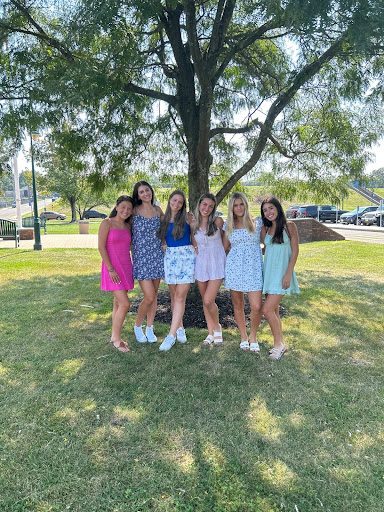In light of recent events throughout the nation, I think it is appropriate to ask ourselves the question, “What is patriotism?” Although some of the greatest events in American history have stemmed from feelings of patriotism, I believe that currently the word is too loosely thrown around in conversation, used liberally by many, and makes far too many appearances adorning Instagram or Facebook posts. It is easy to lose sight of the true meaning of the word and now is as good a time as ever to reflect on its significance.
From the Oxford English dictionary, the word patriotism is defined as, “the quality of being patriotic; devotion to and vigorous support for one’s country.” While this definition is clear and concise, I thought it would be revealing to delve deeper into the meaning and find out if this definition rings true for someone I truly believe to be patriotic.

My grandfather is a veteran of the Vietnam War and gave his service on his own accord. From 1963 to 1967 he served in the Navy and worked on an aircraft carrier, the USS Independence CVA-62, and served two more years in the reserves. When I asked what patriotism meant to him, my grandfather remarked that, “Patriotism is aroused when our country is threatened from without.” Seeing as our nation is under no threat from the outside world, the difference from my grandfather’s definition to the textbook definition was eye opening.
Curious, I then inquired about the event at the United States Capitol that occurred just fourteen days before the inauguration of President Biden. On January 6th, rioters stormed the Capitol and the 177th Congress after a rally in which Donald Trump urged supporters not to let go of the election. My grandfather stated that, “Our democracy was threatened by what happened at that rally. But apparently not everyone feels that way because democracy’s definition is different for each of us.”
Just like the word patriotism, many aspects of American government are up for interpretation. Although the rioters were marked as domestic terrorists by many, some still believe that they were acting in the name of democracy. I was also reminded by my grandfather that, “Veterans and even policemen were at that rally,” people who are revered as the most patriotic of Americans. So, while I do not support what those rioters did by any means, I think they truly saw their actions as a form of patriotism. Because for some, the America that former President Trump promised them, was the best America they envisioned for themselves.

Rather than letting patriotism be a word that divides our nation, it should be used to bring together our country’s citizens.. In the past month, year, and most recent presidency as a whole, Americans have used this word to justify their sides and oppose and demonize the oppoosite side’s arguments. But what if we have it wrong? What if our interpretations have led us down the wrong path and instead we should be converging to a brighter future as one. Like my grandfather suggested to me, “Abortion, civil rights, sexual orientation, religious differences, and cultural differences. These are some of the things that separate us. Maybe it is time that patriotism and democracy come together. We each have the right to our own opinion and to live within the boundaries of our Constitution, but also to respect that others have the same right.”
So while “We the people” did not include all walks of life in 1787, that does not mean we shouldn’t strive to reach that goal and better our nation each day. Our founders left room for change for a reason, and our so-called patriotism needs to lead to that change, or else we may need to find another word to describe our actions.


